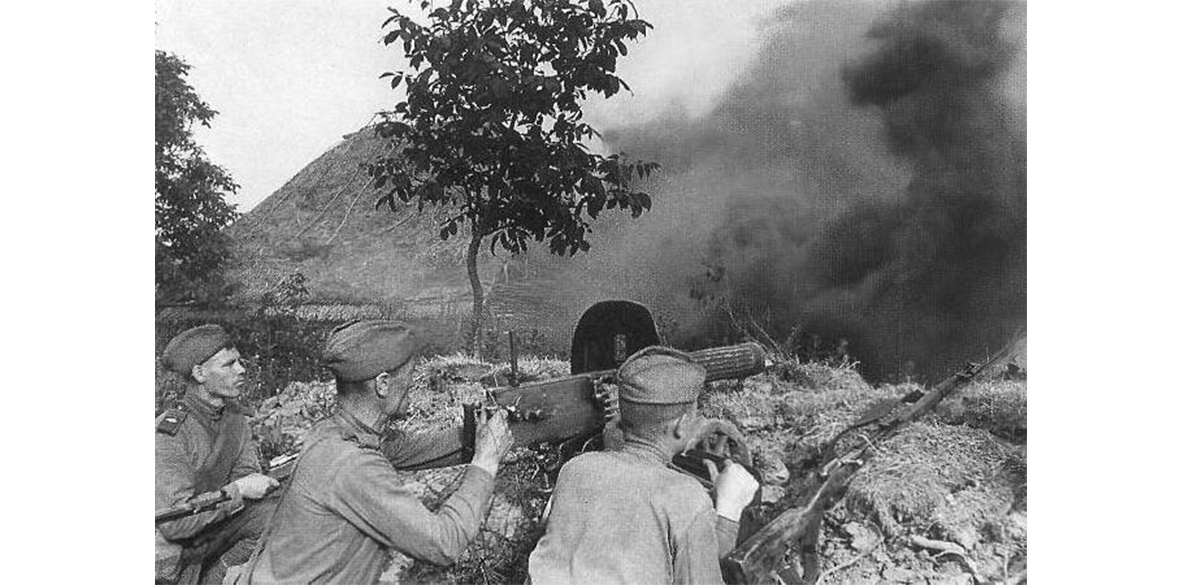This is the last article you can read this month
You can read more article this month
You can read more articles this month
Sorry your limit is up for this month
Reset on:
Please help support the Morning Star by subscribing here
Agent Moliere: The Life of John Cairncross, the Fifth Man of the Cambridge Spy Circle
by Geoff Andrews
(Bloomsbury, £20)
THE ANTI-FASCIST endeavours of the bourgeois spies for the Comintern — the Communist International — before, during and after the second world war continue to grip the imagination.

A whole industry is devoted to the analysis of their personalities, principally to find character flaws that explain their deviant political views and “traitorous” behaviour, while much of the writing is designed to defend the “incompetent” security organs of the bourgeois state from criticism or to serve an anti-communist narrative.
Geoff Andrews is a notable deviant from these cold-war conventions in that he takes as his starting point the legitimacy of the decision to spy in the service of anti-fascism, a particularly important principle to establish in a political climate in the European Union which equates those who liberated the people of Europe from those who enslaved them.
His latest book The Life Of John Cairncross: The Fifth Man of the Cambridge Spy Circle is a sympathetic portrayal of this academically brilliant lower-middle class Scottish Presbyterian linguist.
He was the top performer in the Civil Service examination and his elevation to the Foreign Office coincided with the gathering threat of nazi Germany.
Andrews paints a compelling picture of a man ill-fitted by class background and prickly personality to government service in a regime that was dominated by an upper middle-class hatred of Bolshevism, a fear of the working class and a desire to seek an accommodation with fascism against the Soviet Union.
Cairncross emancipated himself in his youth from his respectable middle-class background by studying foreign languages at Glasgow University, the Sorbonne and Cambridge. In his travels he saw the rise of fascism in Germany, was exposed to what must have seemed a fascinating array of French, German, Middle European and Jewish cultural influences and became a convinced anti-fascist.
He went to Cambridge in 1934 at the height of Britain’s capitalist crisis and fell in with the Trinity College circle of brilliant communists around poet John Cornford and historian James Klugmann.
Cairncross’s principal academic interest was in Jean-Baptiste Moliere and a formative influence was his mentor Henry Ashton, whose approach focused on the French playwright’s social background and intellectual influences.
A more extended discussion in the book of the cultural climate to which Cairncross was exposed at Trinity College, and the more specifically Marxist cultural exchanges in which his ideas were developed, would have been welcome.
The main focus in Andrews’s work is Cairncross’s espionage and his recruitment to the anti-fascist network which, according to Cairncross’s 1952 interview with MI5’s interrogator William Skardon, was facilitated by Guy Burgess and completed through the agency of Klugmann.
Much of Cairncross’s post-war life was bound up with his desire to pursue an academic and literary career, to publish his innovative analyses of Moliere’s work and to be recognised as an intellectual of standing.
But his critical role, firstly in the Foreign Office, then the Treasury and, in the war, at the Bletchley Park centre for deciphering German signal traffic, was of great value in keeping the Soviets informed of British foreign policy and objectives.
It was his transmission of enemy signal traffic detailing the deployment of German tank deployments and details of German intelligence about Soviet dispositions to the Soviet high command that contributed decisively to the defeat of the nazis at the Battle of Kursk. It was there that the Soviets destroyed the main battlefield strength of German armour in a critical turning point of the war.
It is clear that Cairncross was motivated principally by anti-fascism and that his political and ideological formation did not centre on the revolutionary role of the working class nor dwell very much on the prospects of a socialist society.
As he was deployed in the Foreign Office Spanish section during the Spanish civil war and had moved to the German section by the time of the Munich Crisis, he had an intimate familiarity with the appeasement policies of the British ruling class.
Andrews suggests that Cairncross’s continuing role in supplying intelligence to the Soviets rested on a pragmatic anti-fascism rather than ideological commitment to socialism or to the Soviet example.
This seems compelling to me. It enabled him to carry on working through the Molotov-Ribbentrop Pact which disorientated many people at the time — it continues to do so — and to provide exemplary service to the cause during the war and continue for a good while after.
Cairncross’s escape from the obligations of his service to the Comintern and Soviet intelligence, and from the postwar attentions of the British secret police who were on to his espionage, took him to the US.
There a promising professorial career was aborted by the gathering attentions of the British and US security states and he moved to Italy, where he found a more tranquil existence as a translator, author and working intellectual.
Persecuted and without the anchor of comradeship, party affiliation or a solid class outlook, he began to collaborate with British intelligence, who kept him in a state of anguish about immunity from prosecution.
This culminated in a rather disreputable and totally unsuccessful attempt to entrap Klugmann into a confession.
Geoff Andrews’s research is extensive and exemplary. His indisputably revisionist standpoint is worn lightly and perhaps has allowed for a more sympathetic portrayal of this exceptional spy than either witch-hunters in the service of the state or revolutionary heresy hunters might allow.











